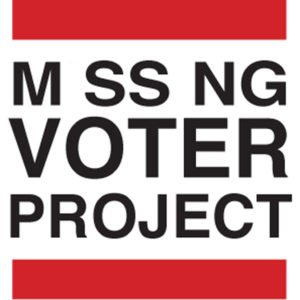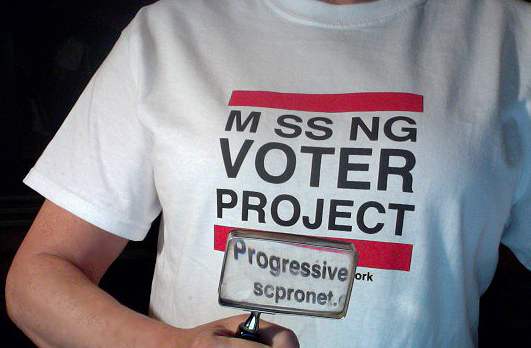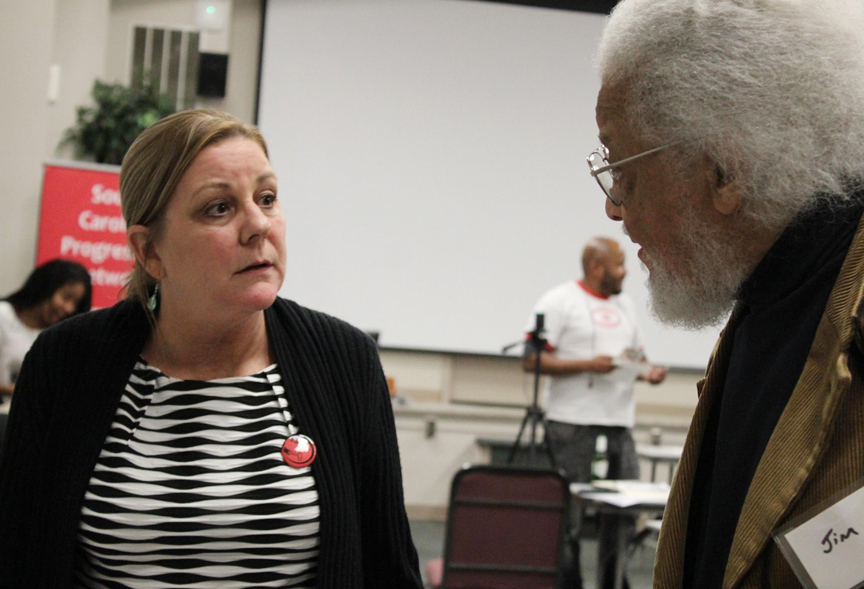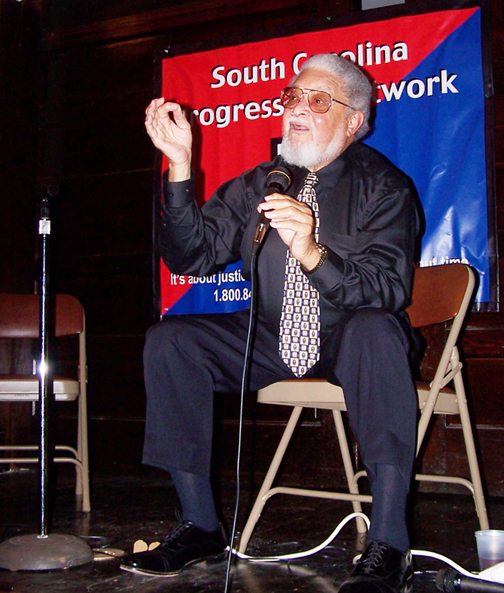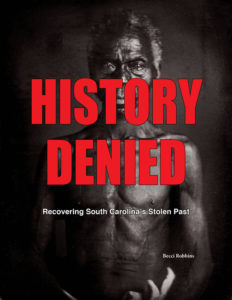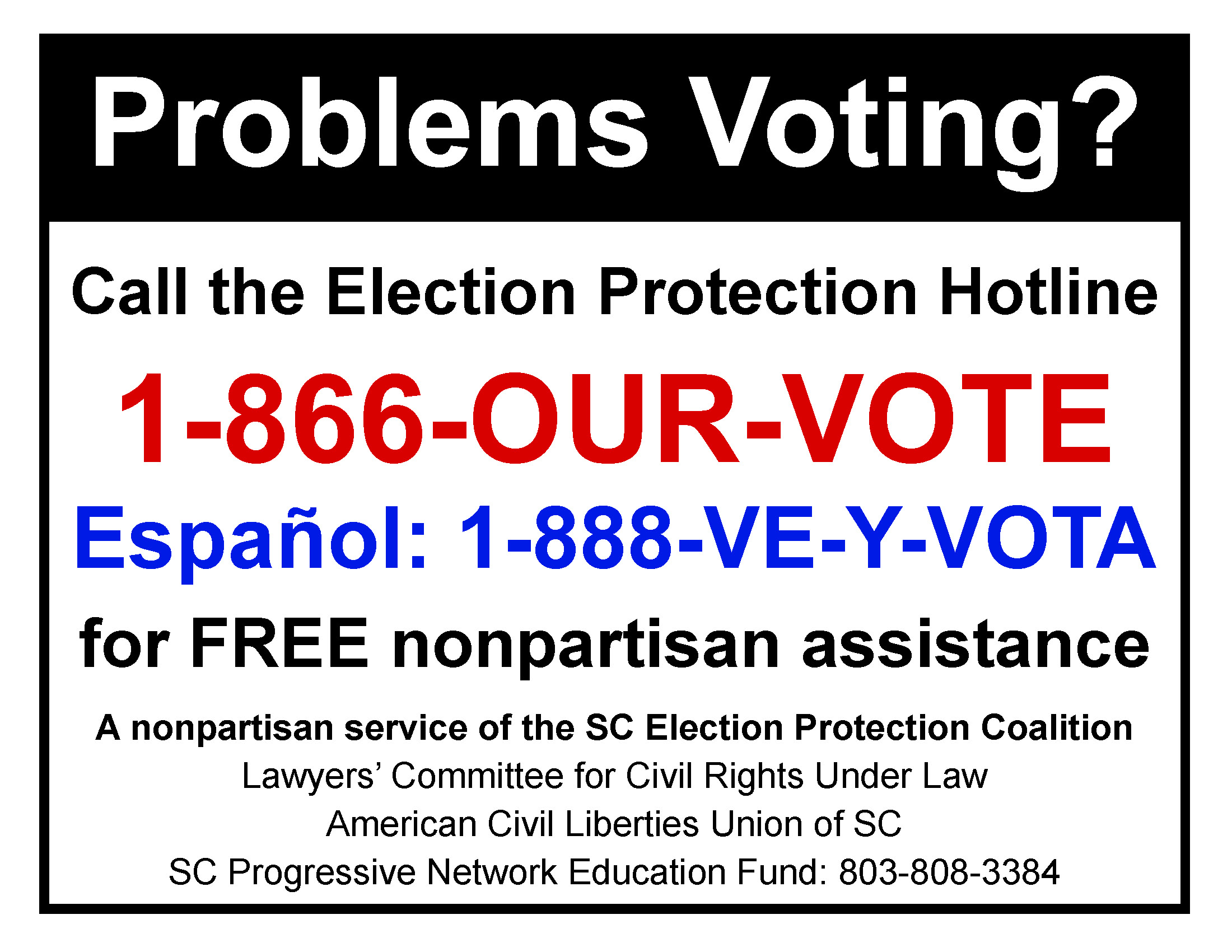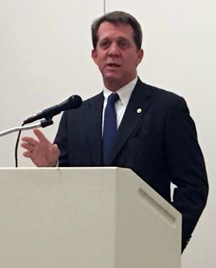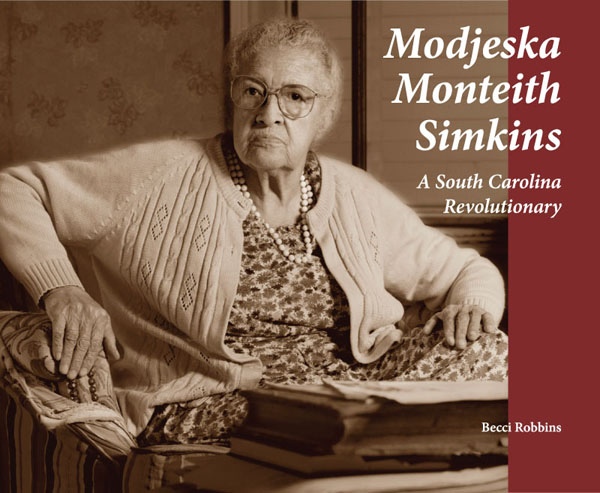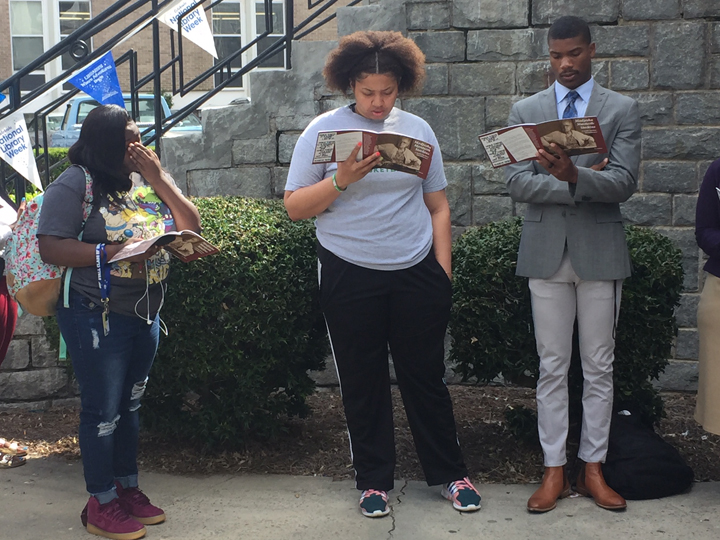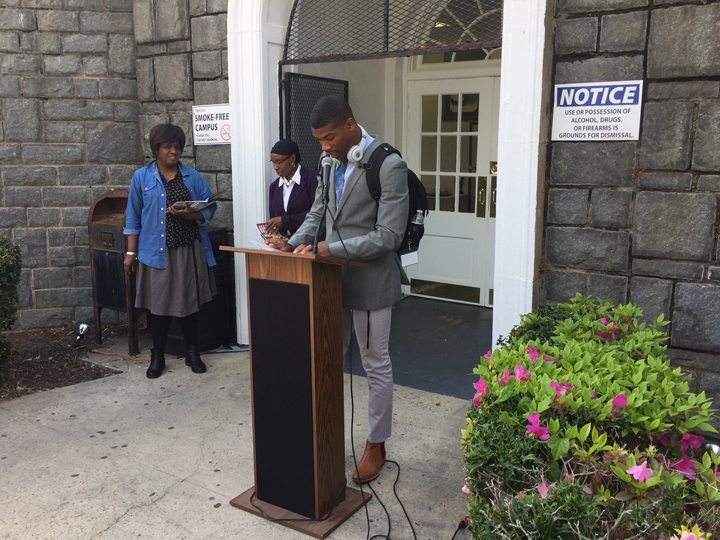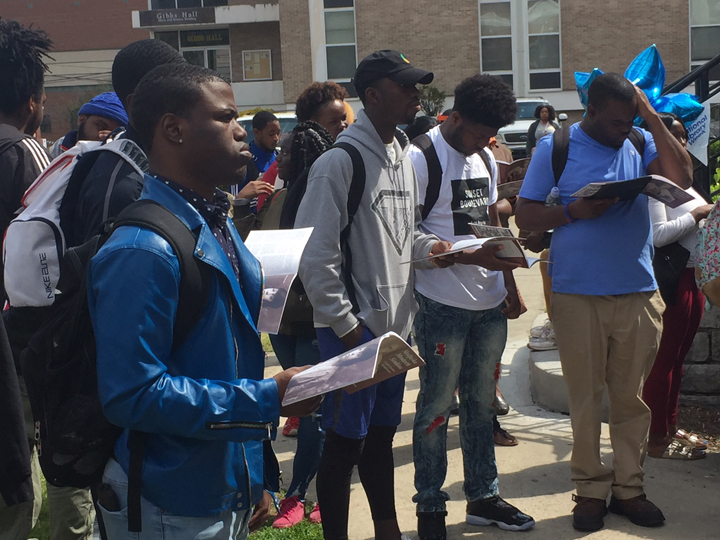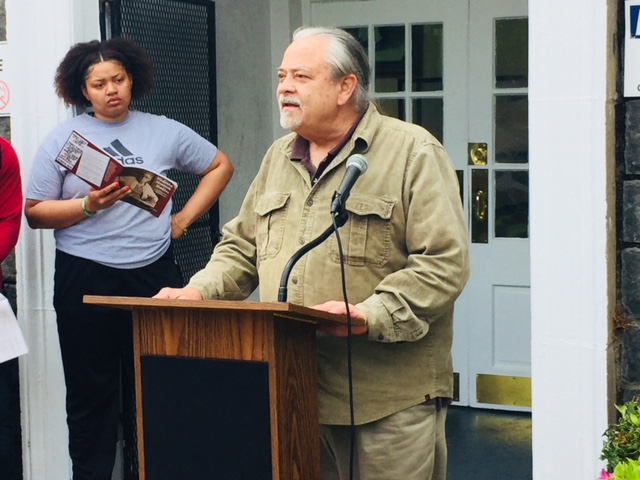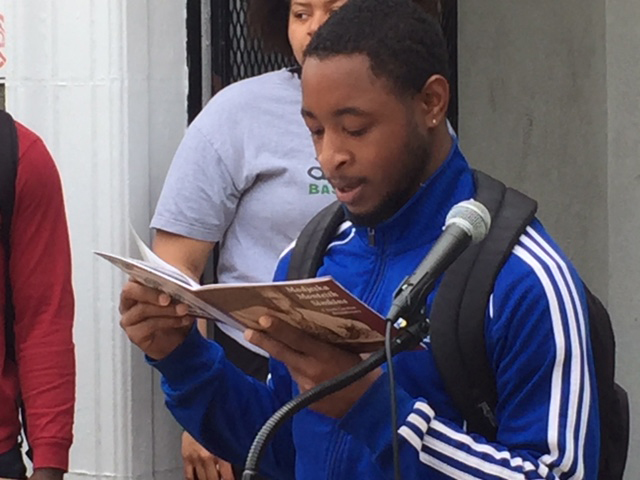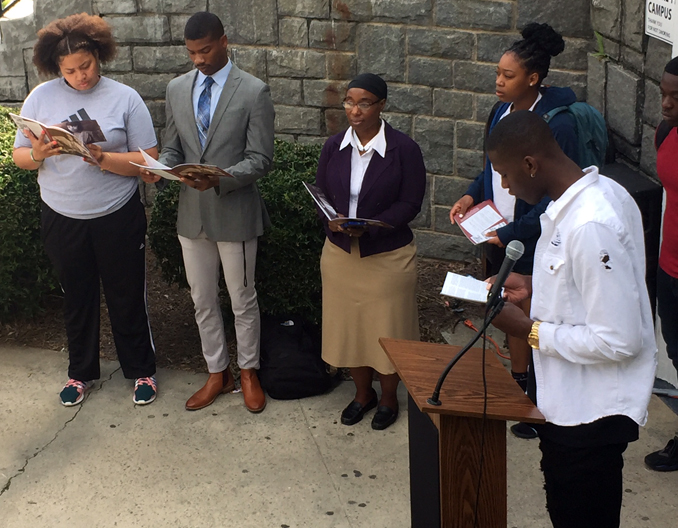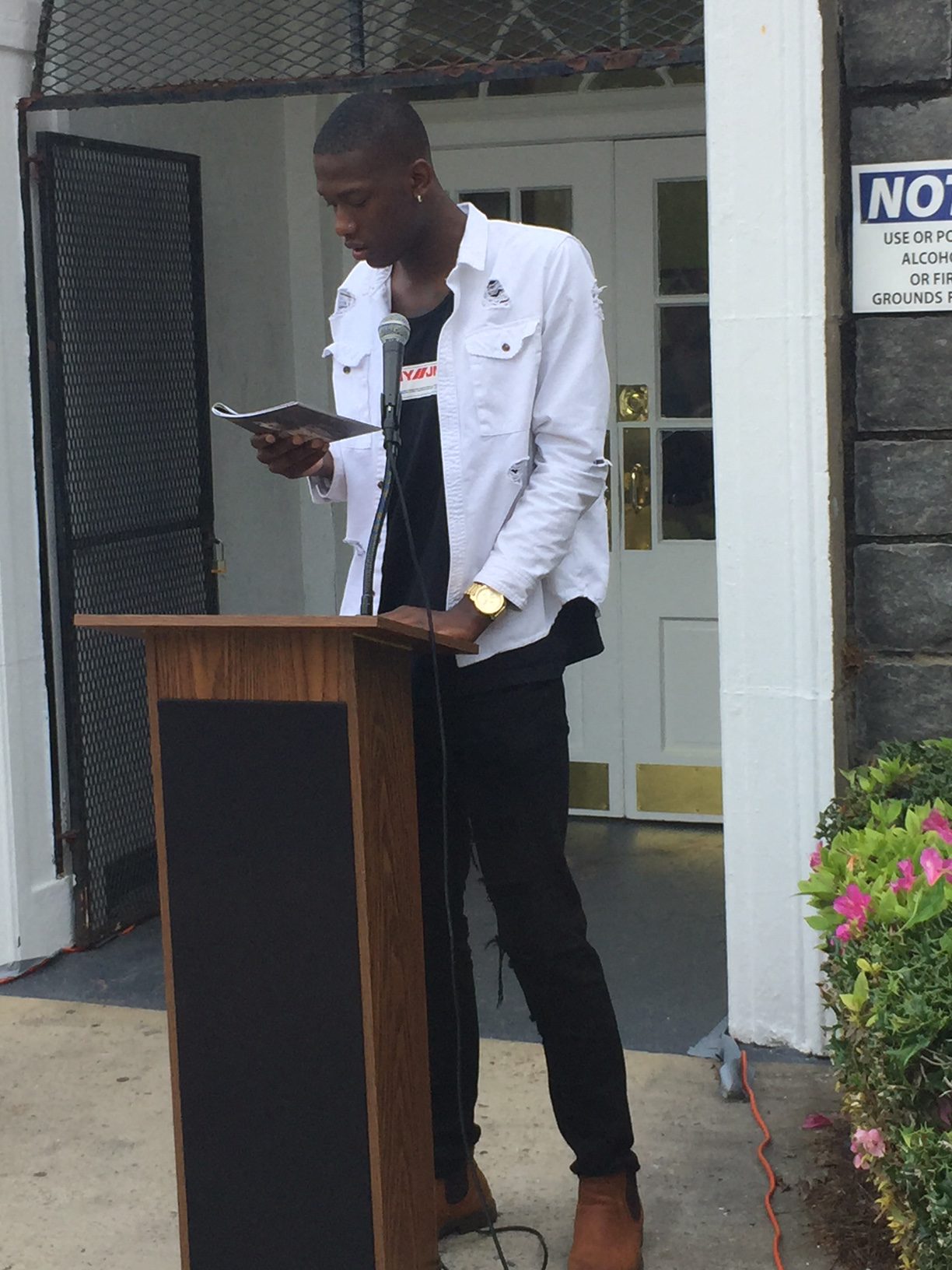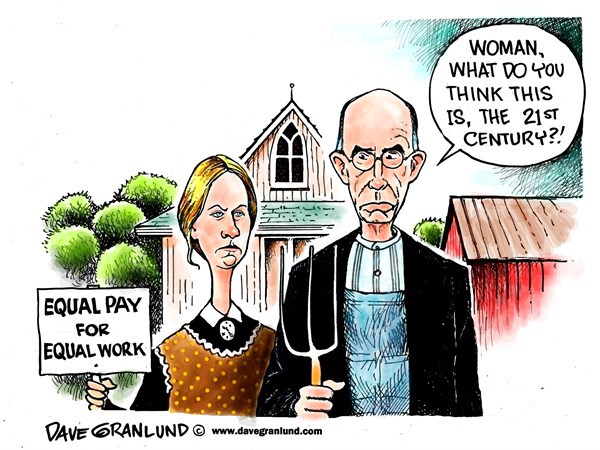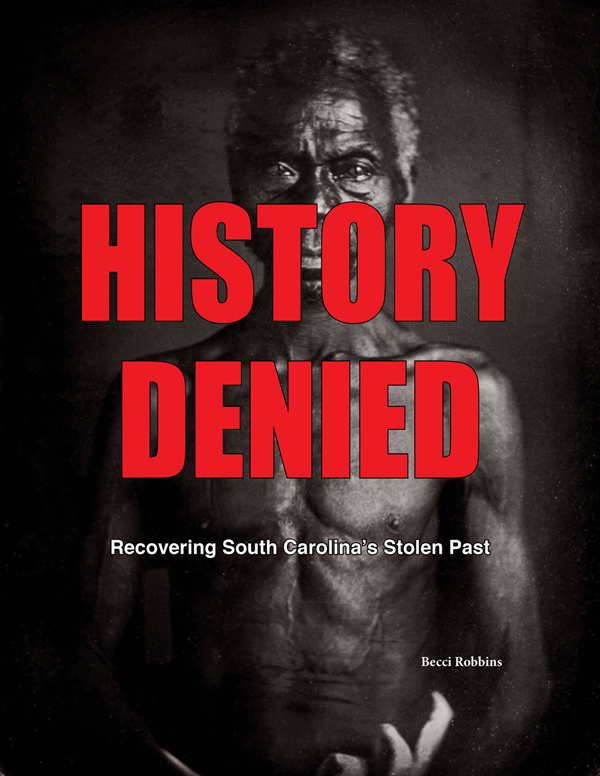 Book Launch
Book Launch
Monday, July 23, 5:30-7pm
Seibels House and Garden
1601 Richland St., Columbia
Light eats • Cash bar
Booklets are FREE!
Join the SC Progressive Network in celebrating the recent publication of History Denied, Recovering South Carolina’s Stolen Past by Network Communications Director Becci Robbins.
“I learned so much on this project—not the least of which is how little I know,” Robbins said. “The more I dug and read, the angrier I got about my miseducation. It’s been unsettling to know how much history we’ve been denied, and calls into question everything we’ve been taught.”
History Denied is Robbins’ fourth booklet to be funded by the Richland County Conservation Commission. She previously published a trilogy to mark the achievements of three extraordinary South Carolina women: human rights activist Modjeska Monteith Simkins, gay rights advocate Harriet Hancock, and legal pioneer Sarah Leverette. Those booklets are available free at the Network’s office, and can be downloaded online. The History Denied booklet will be uploaded after the launch.
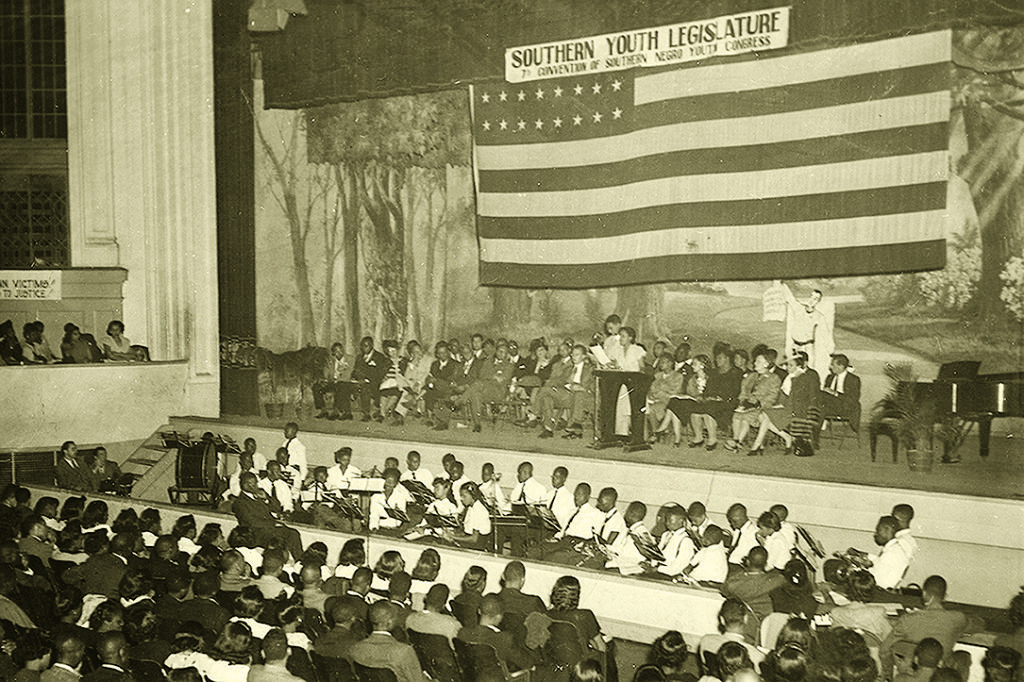 An unprecedented interracial crowd packs the Township Auditorium in Columbia for the Southern Negro Youth Congress’ 7th annual conference the weekend of Oct. 19, 1946.
An unprecedented interracial crowd packs the Township Auditorium in Columbia for the Southern Negro Youth Congress’ 7th annual conference the weekend of Oct. 19, 1946.
“This is a cautionary tale. It centers on the Southern Negro Youth Congress (SNYC), a militant, interracial youth movement that thrived against all odds between 1937 and 1949 in the Jim Crow South. Its rise and fall—and the collective amnesia that followed—offers a timely warning about how history is made and unmade, and how that shapes our shared narrative.
While SNYC was based in Birmingham, AL, South Carolina activists played a key role in SNYC’s unlikely success. Early on, Columbia activist Modjeska Monteith Simkins served on its board, and was instrumental in bringing SNYC’s 7th annual conference to Columbia in October 1946.
The three-day event promised a glittering line-up of distinguished speakers—including keynote W.E.B. DuBois and internationally acclaimed Paul Robeson—as well as invited guests from around the world. The ambitious schedule included daytime workshops to hone the organizing skills of the young delegates.
It was an unprecedented gathering, yet one that has largely been forgotten. Only recently has scholarship on the radical human rights movement in the 1930s and ’40s emerged, enriching our understanding of the people who drove it and the critical ground they laid for those who came later.
SNYC is far from the only chapter of history to be whitewashed, distorted, or erased altogether. This booklet offers a few South Carolina examples: the first Memorial Day, celebrated in war-ruined Charleston after Confederates evacuated the city in 1865; the radically democratic experiment that was Reconstruction; the widespread practice of lynchings after Reconstruction’s end; and the conspiracy of silence that followed the 1934 killings of seven striking textile workers in Honea Path.
 Becci Robbins
Becci Robbins
It is no accident that we don’t know our labor history or the darkest truths about the white supremacy built into South Carolina’s very constitution, and that denial carries lasting consequences. Ignorance comes with a heavy price.
This booklet is an attempt to broaden our view of the past, even if it hurts. These stories are painful, but they are also heroic. For every act of oppression, there have been acts of resistance by people willing to risk their very lives to stand for human decency and the promise upon which this country was built. Their struggles and triumphs deserve to be shared, their bravery celebrated, their work continued.
This volume is not a comprehensive telling of South Carolina’s forgotten resisters. The voices and contributions of women, workers, Native tribes, LGBTQ+ Americans, immigrants, and other marginalized communities also are missing or minimized in our textbooks and in the mainstream media. This is simply a reminder that what we’ve been taught has largely been dominated by money, war, and the experiences of white men of privilege. That cheats a whole lot of citizens from knowing that their ancestors played important roles in the making of this state and nation.
SNYC’s story lays bare the very best and worst of America. We’d be wise to know both.”
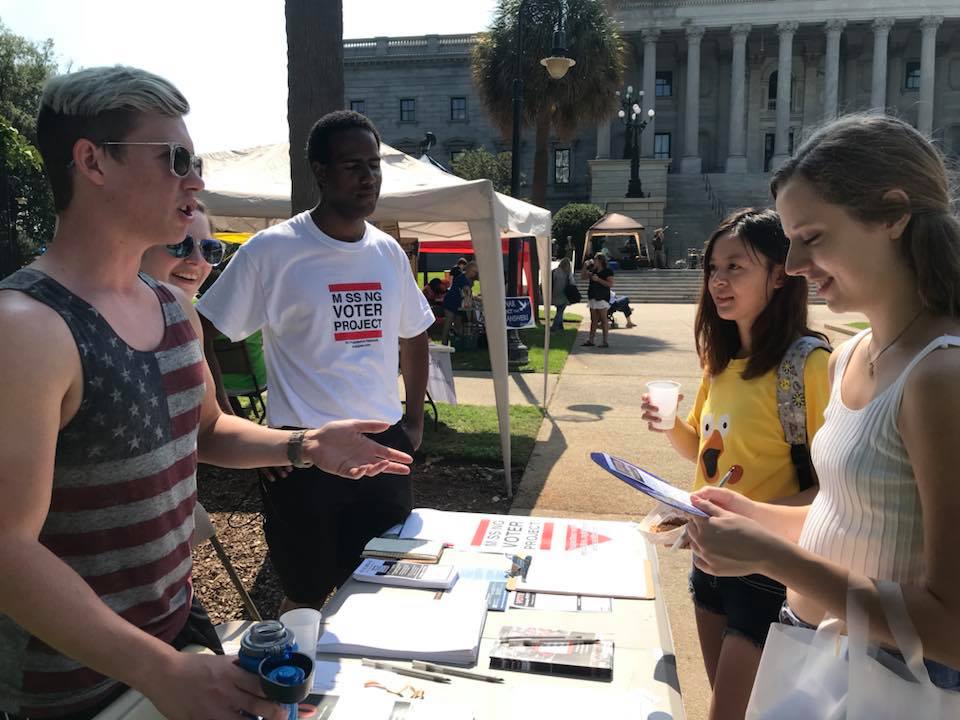 This means we have two more weeks to add to our Missing Voter Project. To volunteer, take a shift by signing up: MVP COLUMBIA VOLUNTEER SIGN–UP LIST
This means we have two more weeks to add to our Missing Voter Project. To volunteer, take a shift by signing up: MVP COLUMBIA VOLUNTEER SIGN–UP LIST
 We need YOUR HELP in the final days our nonpartisan Missing Voter Project. Please volunteer for a shift before voter registration ends Oct. 6!
We need YOUR HELP in the final days our nonpartisan Missing Voter Project. Please volunteer for a shift before voter registration ends Oct. 6!